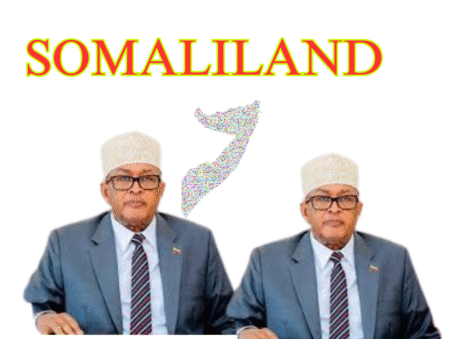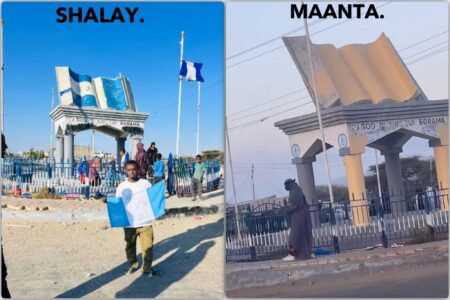The Complex Dynamics of Sovereignty and International Relations: A Focus on Somalia and Ethiopia
In the realm of international relations, the principle of sovereignty is sacrosanct. Nations are expected to respect each other’s territorial integrity and refrain from interfering in domestic affairs. To illustrate the gravity of this principle, consider hypothetical scenarios involving the United States or the United Kingdom: if California were to solicit military training from Mexico, or if Scotland decided to send troops to Russia, such actions would undoubtedly trigger a severe diplomatic crisis and be viewed as acts of aggression. The international community would respond vehemently, given that these actions would violate the established norms of state sovereignty and could easily be construed as declarations of war.
However, the situation becomes increasingly complex when examining the actions of Ethiopia in Somalia. Ethiopia has been involved in arming, training, and even deploying troops across the Somali border without any official mandate. This behaviour raises critical questions about the response, or lack thereof, from the international community, including the African Union.
A- A Double Standard in Sovereignty Violations
The inaction regarding Ethiopia’s interference in Somalia stands in stark contrast to how the international community typically reacts to similar breaches of sovereignty. Why is there such a discrepancy? One reason may be the historical and geopolitical context of the Horn of Africa, where power dynamics are deeply intertwined with ethnic, political, and economic interests.
Yet, this perceived strategic necessity does not absolve Ethiopia of its responsibilities under international law. The United Nations Charter, which emphasizes the importance of sovereignty, should apply universally. The failure to hold Ethiopia accountable for its actions sends a troubling message: that the sovereignty of certain nations may be deemed less valuable than the geopolitical interests of more powerful states
B- The Role of the African Union
The African Union (AU), which was established to promote peace, security, and stability across the continent, has a responsibility to protect the sovereignty of its member states. However, the AU’s response to Ethiopia’s actions in Somalia has been criticized as inadequate. The organization’s inability to enforce its principles raises questions about its effectiveness and commitment to upholding the sovereignty of all African nations.
It is essential for the AU to take a firmer stance against violations of territorial integrity. If regional leaders are allowed to threaten the federal government of Somalia without consequence, it undermines the very foundation upon which the AU was built. Such a precedent could encourage further violations and destabilize the region.
C- A Call for Unity Among Somalis
The situation in Somalia is a clarion call for unity among its people. The internal divisions that have historically plagued the nation must be set aside in the face of external threats. Somali leaders, civil society, and the populace must come together to assert their sovereignty and demand both regional and international respect for their territorial integrity.
The notion that Somalia’s sovereignty can be disregarded without repercussions is both dangerous and unacceptable. Somalia must leverage diplomatic channels to seek support from the international community, advocating for intervention where sovereignty is at risk. The narrative that Somalia is a victim of regional aggression needs to be highlighted on global platforms, ensuring that the plight of the Somali people is recognized and addressed.
Conclusion
The international community’s response to violations of state sovereignty must be consistent and unwavering. Ethiopia’s actions in Somalia, if left unchecked, could set a dangerous precedent for regional stability. It is imperative that the African Union and other international bodies hold accountable those who violate the principles of sovereignty. Meanwhile, Somalis must unite to defend their nation and assert their rights on both regional and global stages. The time for action is now, and the world is watching.
BY: Alain Askar





